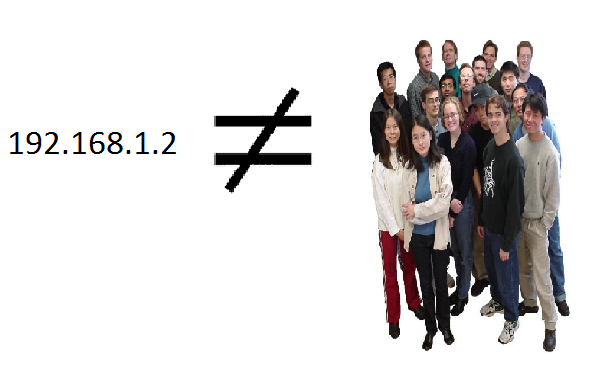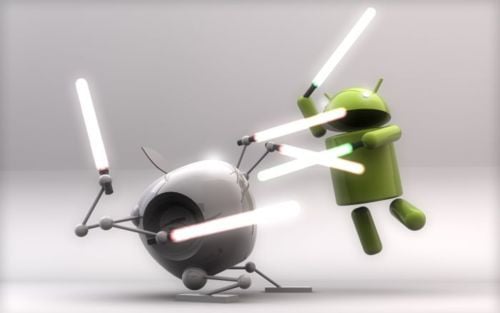A US judge recently ruled that people are not IP addresses, creating a major setback for the music/movie industry and their legal teams. Before this ruling the legal teams would look at popular torrented files that were being shared illegally and would copy the available IP addresses in connect with the illegally shared file. From there they would get a court order demanding the IP’s information be handed over from your ISP, depending on the ISP you use either a cease and desist letter is sent out or the information is handed over. Most times these legal maneuvers end in an out of court settlement, with the settlement being split between the lawyers and the music/movie studios.
But with a recent court case, a US judge has ruled that having a user’s IP address isn’t enough to accuse them of illegally downloading files. The Judge, Judge Harold Baker, mentioned a Buffalo court case of a man being accused of distributed child pornography, when in fact had an unsecure router that was being used by a neighbor to traffic the illegal files. Because anybody can have access to your internet if you have an unprotected router, the judge decided that there isn’t enough information from just having a user’s IP address to convict them of wrongdoing as anybody, a neighbor, or even someone pulled over near your house could be doing these illegal activities without your knowledge.









